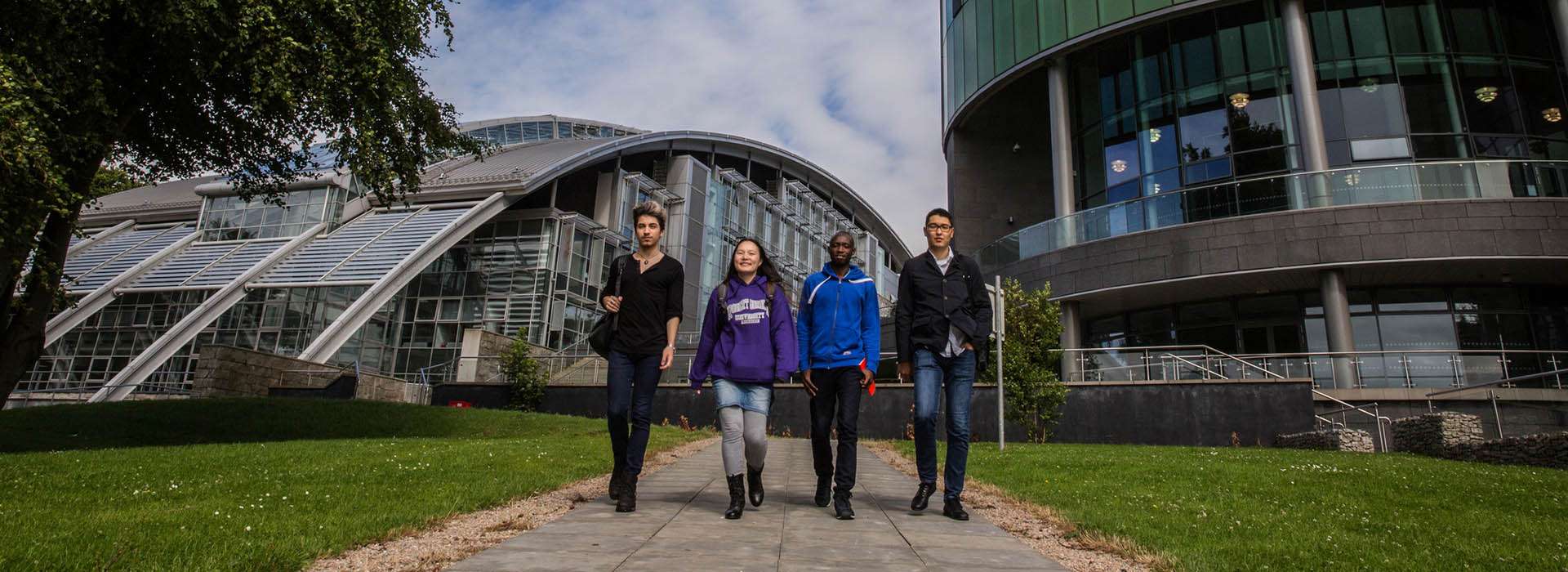How does it relate to Curation and Creation stages?
Collection can be seen as the first in a sequence, and applies when the story is not yet known, or known but not yet recorded or saved. For example, if you are a storytelling enthusiast and would like to learn more about stories in your local area, you may speak to people who know stories or search for these in library archives. You might want to explore a place, the landscape, the streets, or a local monument or landmark – and this might inspire you to go and ask questions. The information you gather on this exploration of local places may start to form a story, or a collection of stories. This is mostly an interpretive process, and any detail can be recorded. The order and format of this may vary.
What does Collection stage involve?
We suggest that planning for story collection involves five parts – understanding the context of the story, recognising and acknowledging the voice of the story, examining ethical considerations, using appropriate methods and considering the sustainability of the process and its outcomes. This part of the toolkit helps to guide you through the process, while acknowledging that each project or process can be different.
Why is this important?
Planning for story collection can help you to refine the scope and requirements of your project. Often places inspire a range of wonderful stories and this can present challenges in terms of identifying, accessing and gathering stories that are most relevant for you and the project’s purpose. The close relationship between people and place also means that place-based storytelling can lead to ethical challenges, and it can be helpful to reflect and plan for these in advance. By addressing the questions presented in this toolkit, you should be in a better position to undertake story collection in a way that is purposeful, reflective and sustainable.

